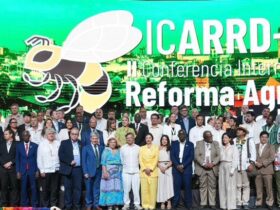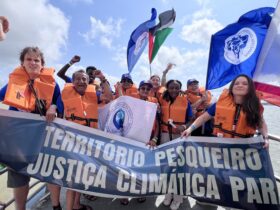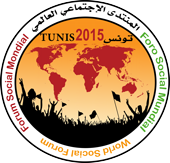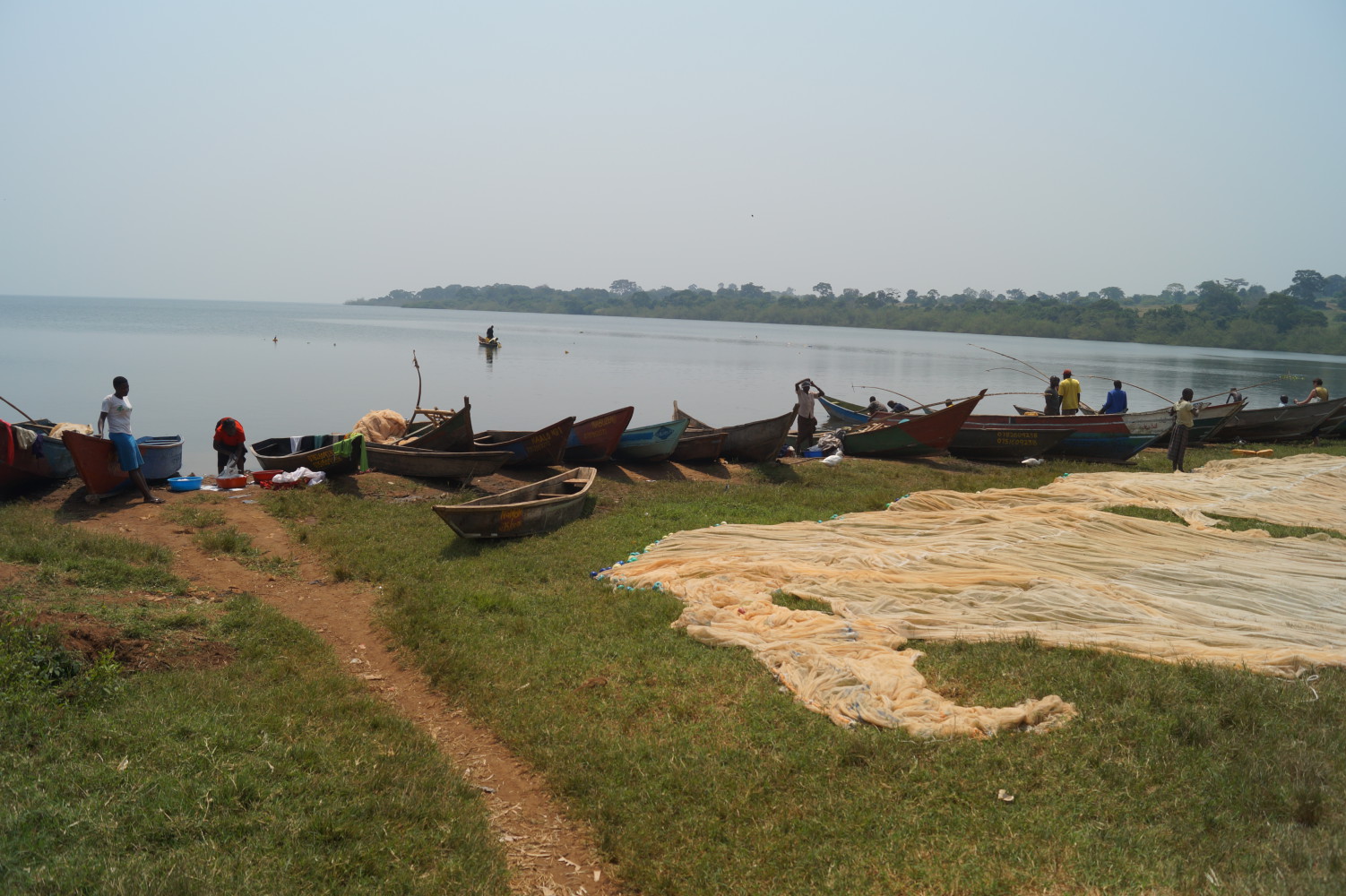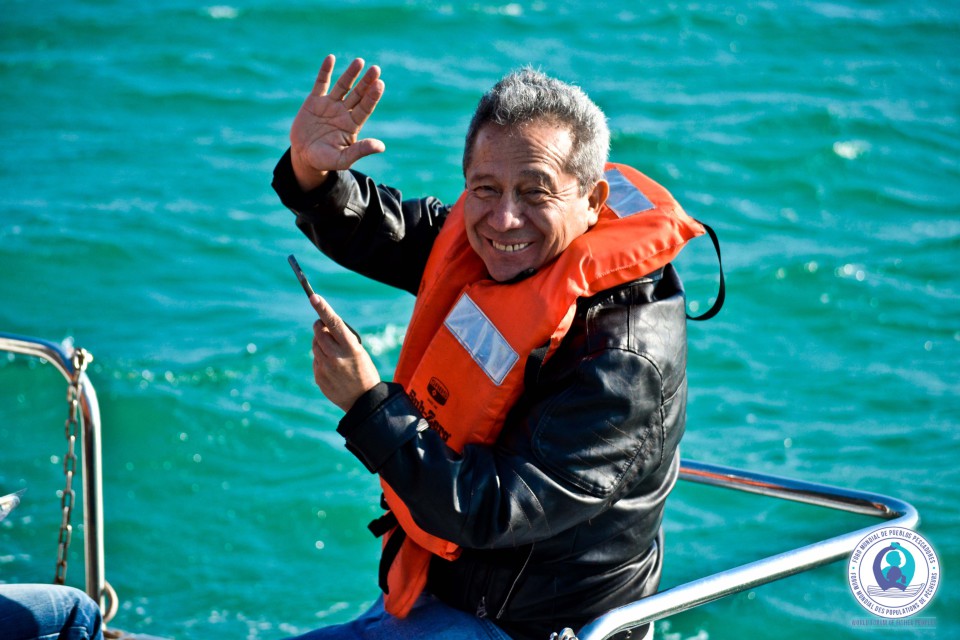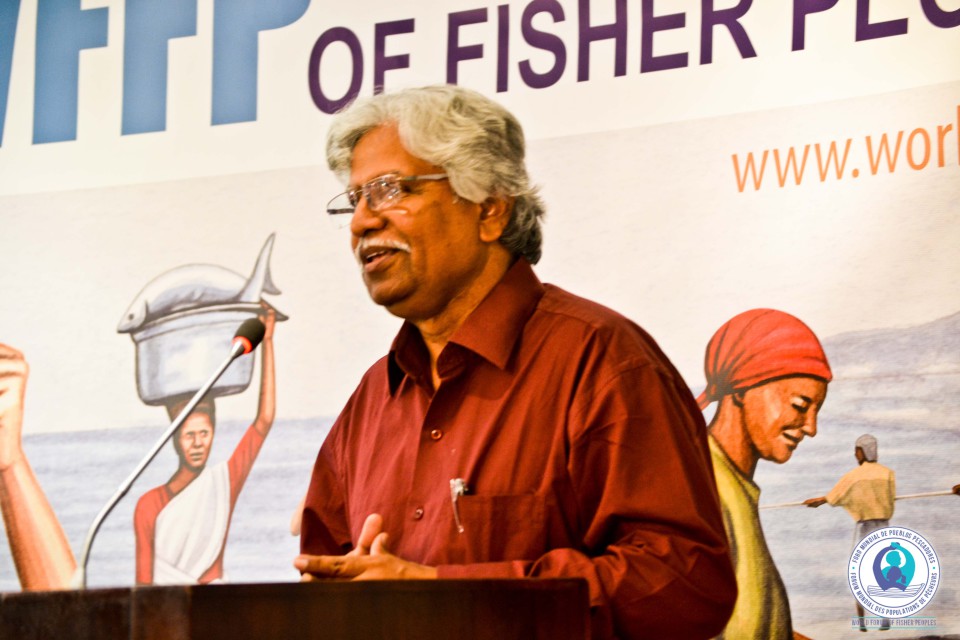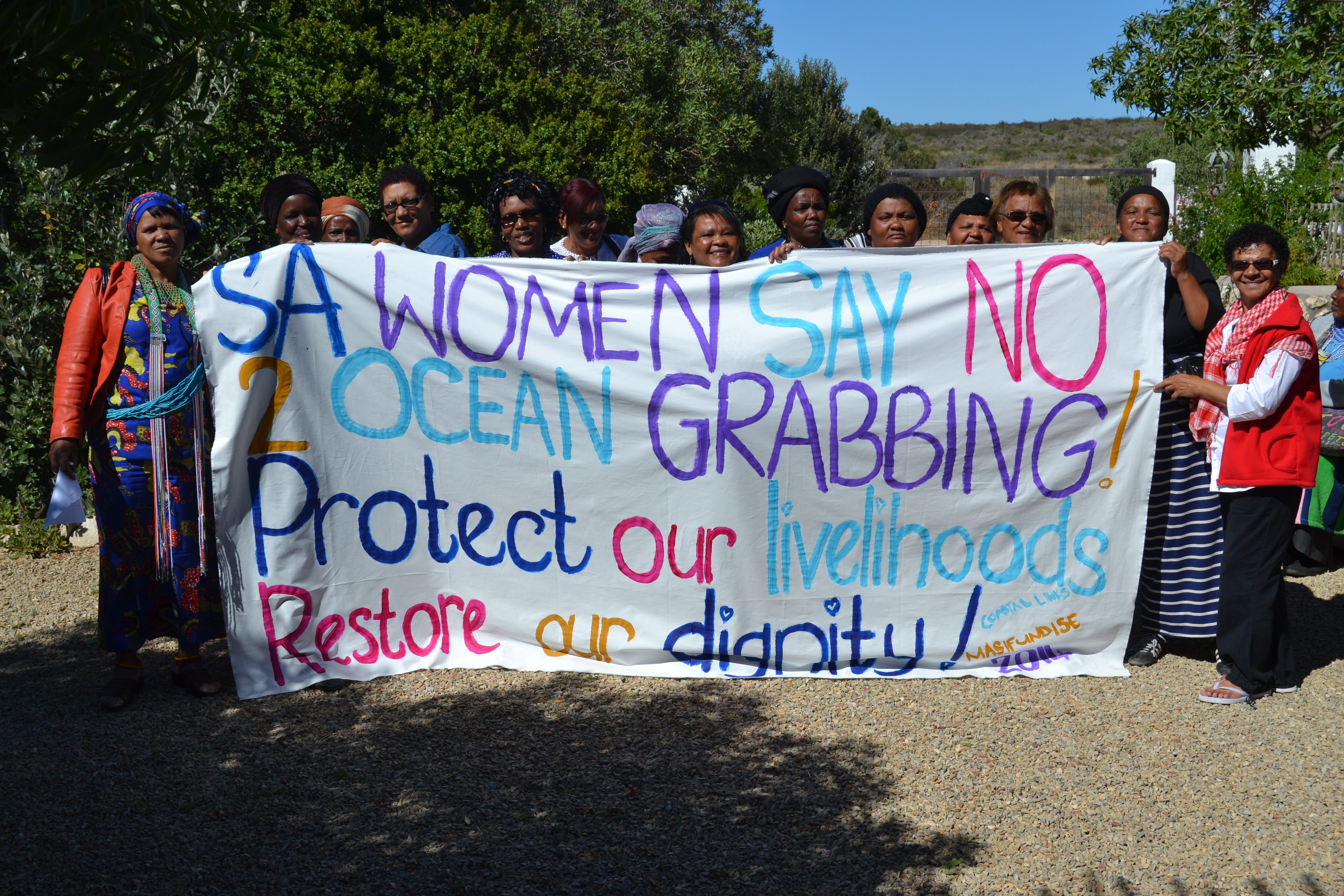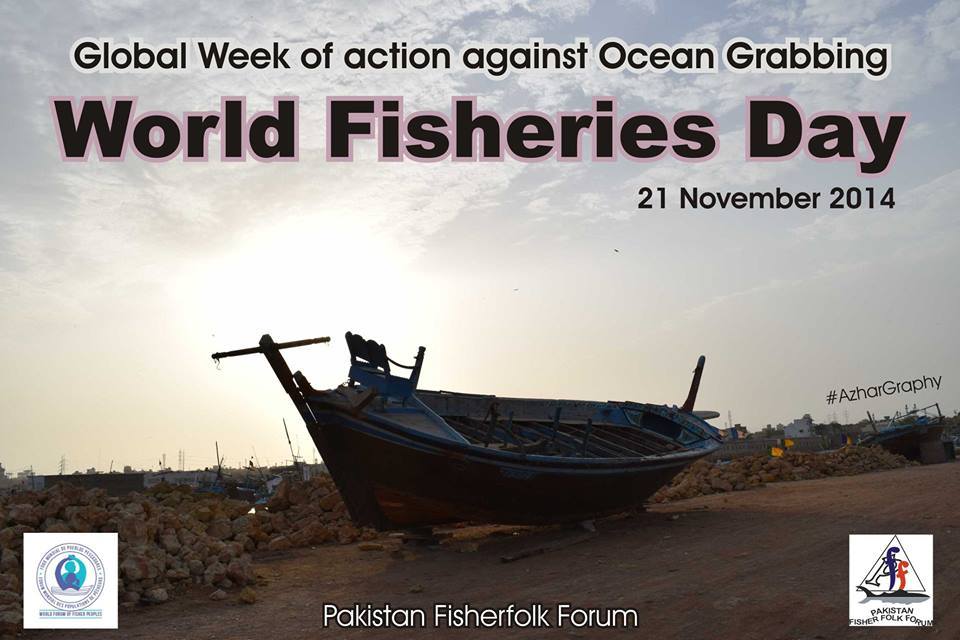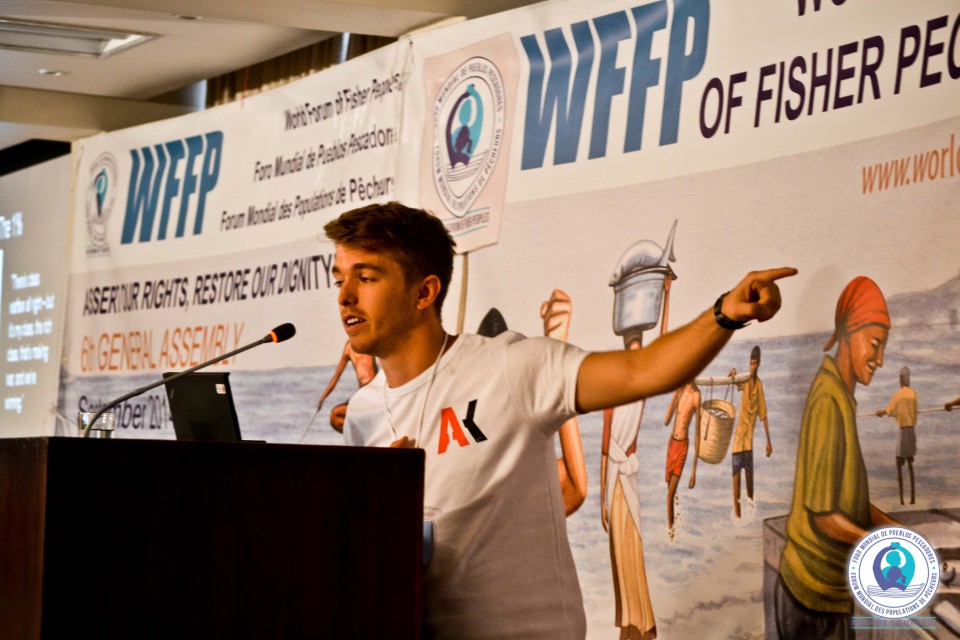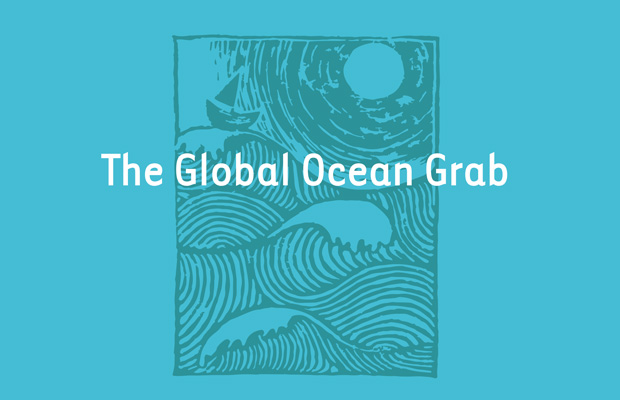World Social Forum, Tunis 23-28 March 2015 Social movements and civil society organizations engaged in the defense of the rights to land and water at the World Social Forum. For four days, the WFFP joined hundreds of activists in the fight against the grabbing of natural resources, including land and fish, and against the systematic violations of the associated human rights. Sharing ...
Nyéléni, Mali, 27 February 2015 “We are the owners of agroecology. It is shaped by farmers and other small-scale producers and its sophisticated theoretical and political constructions is what makes agroecology unique and resistant to co-optation by the neo-liberals” says Naseegh Jaffer, General Secretary of the WFFP. See Declaration of the International Forum for Agroecology Global social movements gathered at ...
10 February, 2015 The struggle against Ocean Grabbing is a struggle of all fisher peoples across the world. In solidarity with the Honduran fishers and the Honduran WFFP members, the WFFP has urgently alerted the president and the members of the national congress to adhere to their international obligations. Read open letter to the president Honduras, as a member of the United ...
“My plea is simple — to reject the commodification of nature. Land grabs were the start of market-led colonisation; now it’s the turn of water, including oceans. The natural commons, on which depend livelihoods of tens of millions, should not be allowed to become hostage to market greed and predatory states.” These were the opening words on Mr. Muhammad ...
This world fisheries Day Masifundise Development Trust and Coastal Links embarked on a national gender workshop to brainstorm how ocean grabbing affects women in South Africa and how women can resist. Women from all four coastal provinces in South Africa met in Patenoster on the West Coast of South Africa. The workshop kicked off with presentations on ocean grabbing globallyand its ...
The Pakistan Fisherfolk Forum (PFF) took to the streets this November to raise awareness about ocean grabbing and to promote the implementation of the voluntary guidelines for small scale fisheries. Quoting the PFF “World Fisheries day is celebrated every year on November 21 throughout the world by fisherfolk communities. Fishing communities worldwide celebrate this day through rallies, workshops, public meetings, cultural ...
[youtube=http://youtu.be/beaW_xVygb0] Mads Barbesgaards, chairperson of Afrika Kontakt, gives a report on Ocean Grabbing and it’s context within neo-liberalisim and growing inequality, to the delegates of the 6th WFFP General Assembly. Explaining ...
Honduras’ pristine marine waters are under multiple threats from transnational corporations and investors, as well as powerful politicians. Since the 1970s, 70,000 hectares equivalent to half of Gulf of Fonseca’s mangrove forests have gone from community ownership to private concessions. North and South American or European corporations have taken native populations’ rights to access resources away, mainly for tourism and ...
In an address to the United Nations General Assembly in 2012, the UN Special Rapporteur on the Right to Food, Olivier De Schutter, spoke about the major threat “Ocean Grabbing” poses to small-scale fishers. For the first time, the UN used a term which progressive movements had used for years. But little has been done to unpack its meaning, ...
A new report, The Global Ocean Grab, was published by the Transnational Institute, Masifundise and Afrika Kontakt together with WFFP. The term ‘ocean grabbing’ aims to cast new light on important processes that are negatively affecting the people and communities whose way of life and cultural identity depend on small-scale fishing and related activities. Small-scale fishers and fishing communities in both the ...

